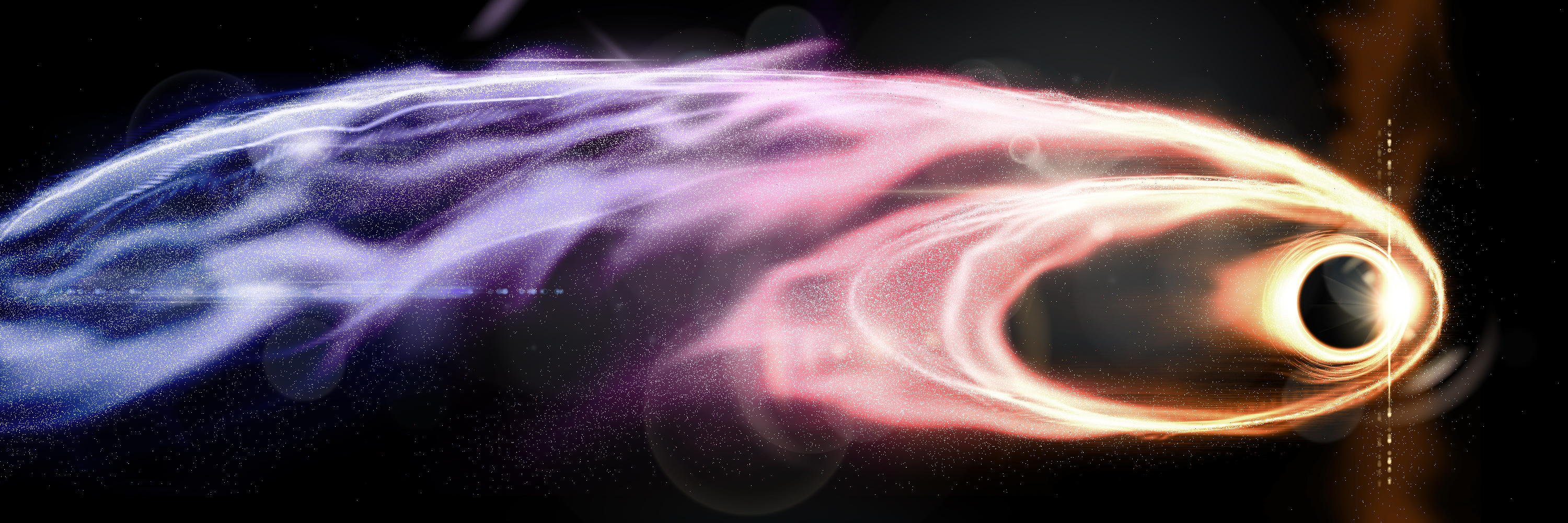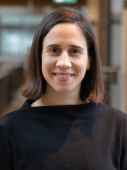We are pleased to announce the selection of two new Young CAS PIs for the period of January 2025 – December 2026.
Illuminating Supermassive Black Hole Environments and Cosmic Particle Acceleration with Tidal Disruption Events
Illuminating Supermassive Black Hole Environments and Cosmic Particle Acceleration with Tidal Disruption Events

Principal investigators

Foteini Oikonomou
Abstract
A major unsolved problem in high-energy astrophysics is the origin of cosmic particles with energy extending up to 10^20 electronvolt, termed ultra-high energy cosmic rays. This is a gigantic amount of energy in a single particle and is equivalent to the kinetic energy of a tennis ball moving at over 200 kilometres per hour. No promising astronomical objects matching the directions of these particles have been found thus far.
The absence of known, powerful astrophysical sources in the directions of arrival of these particles suggests that their sources might be short-lived. Among the viable transient source classes, the most promising and least studied are tidal-disruption events that occur when a star gets too close to a supermassive black hole and gets ripped apart by tidal forces. Recently, a handful of cosmic particles have been observed in the directions of tidal disruption events, with an intriguing statistical significance. However, the interpretation of these observations is limited by the relatively poor angular resolution of astroparticle detectors and the lack of probabilistic models for cosmic-ray production in these environments.
These recent observations make the development of probabilistic models of high-energy particle production in tidal disruption events timely. During the YCG project period we want to develop predictive models and observational tests of high-energy cosmic ray emission in tidal disruption events. This research will shed light on the environments of supermassive black holes and has the potential to unravel a promising site of cosmic particle acceleration.
The Young CAS grant will allow me to connect to the Norwegian astrophysics community, which is concentrated in Oslo and will enhance my international collaboration network. The YCG project will showcase the research performed in Norway in the booming field of particle astrophysics.
